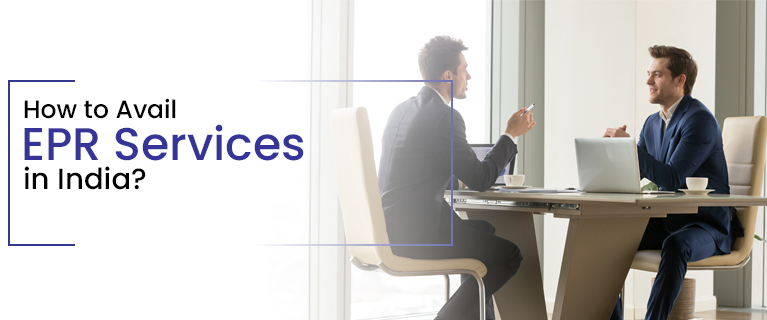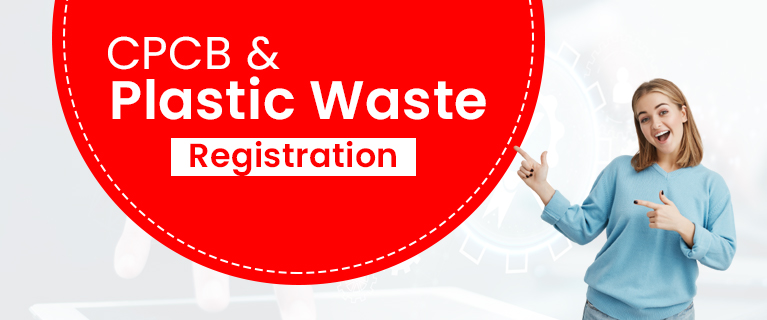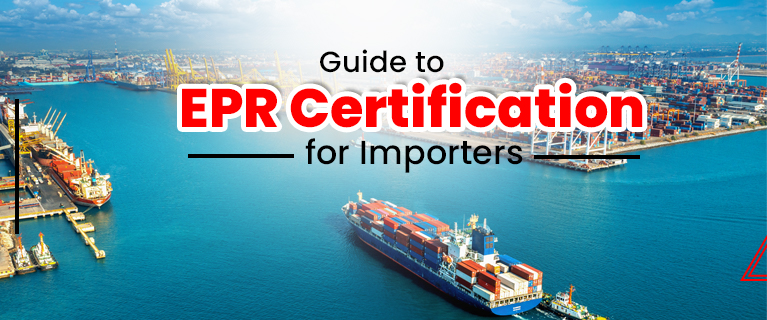Best EPR License Consultants In India

In a world increasingly focused on environmental sustainability and responsible waste management, Extended Producer Responsibility (EPR) has emerged as a critical framework. As companies are held accountable for the entire lifecycle of their products, navigating the complex landscape of EPR compliance becomes paramount. In this context, LegalRaasta stands out as a reliable and proficient EPR License Consultant in India, guiding businesses towards efficient EPR implementation and ensuring environmental stewardship. Understanding Extended Producer Responsibility (EPR): Extended Producer Responsibility is a concept that shifts the responsibility of waste management from local authorities to the producers of goods. It mandates producers to take end-to-end responsibility for their products, including collection, recycling, and safe disposal. EPR aligns with the principle of sustainability and encourages producers to adopt eco-friendly practices while reducing the burden on the environm...










